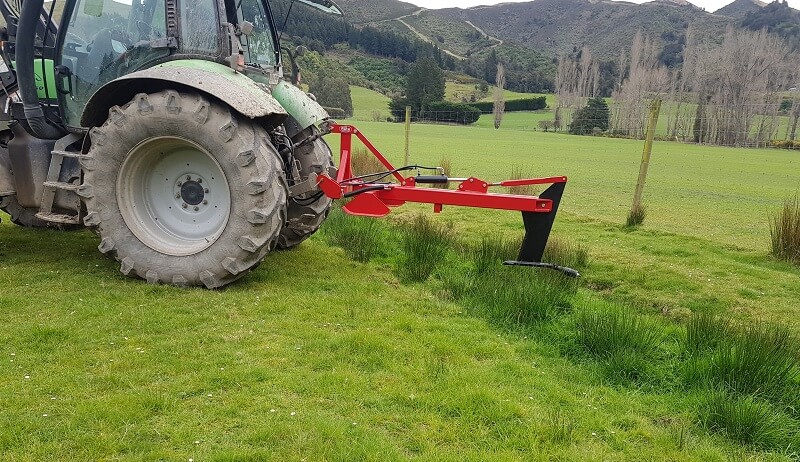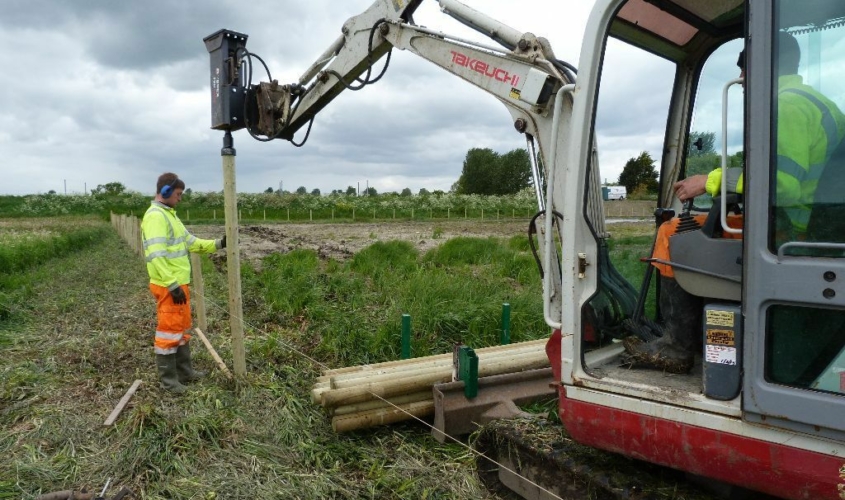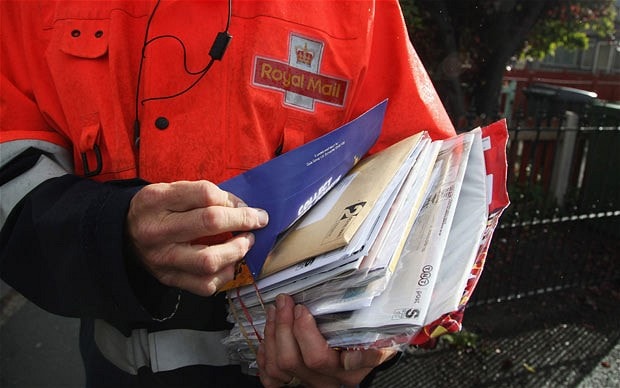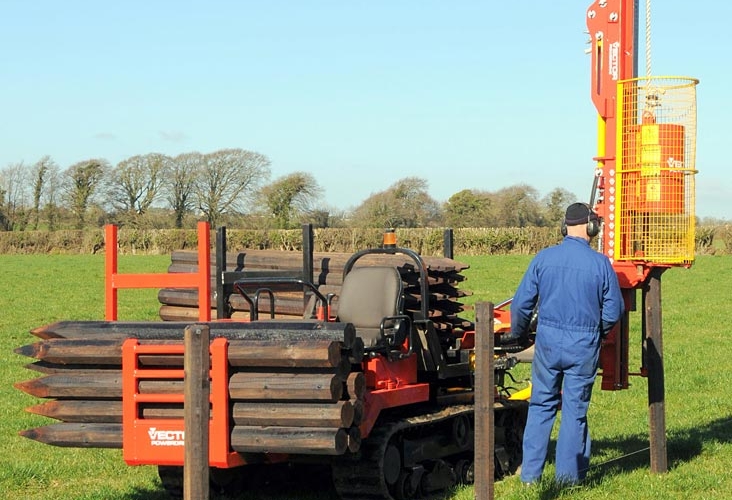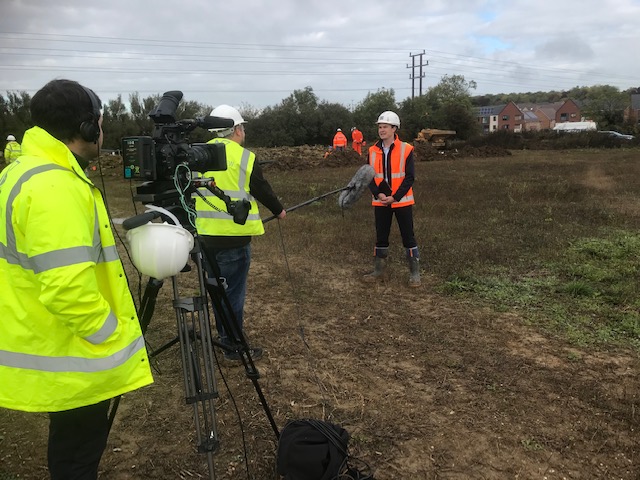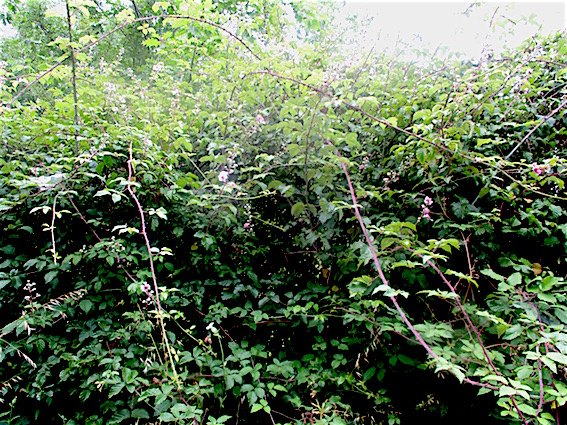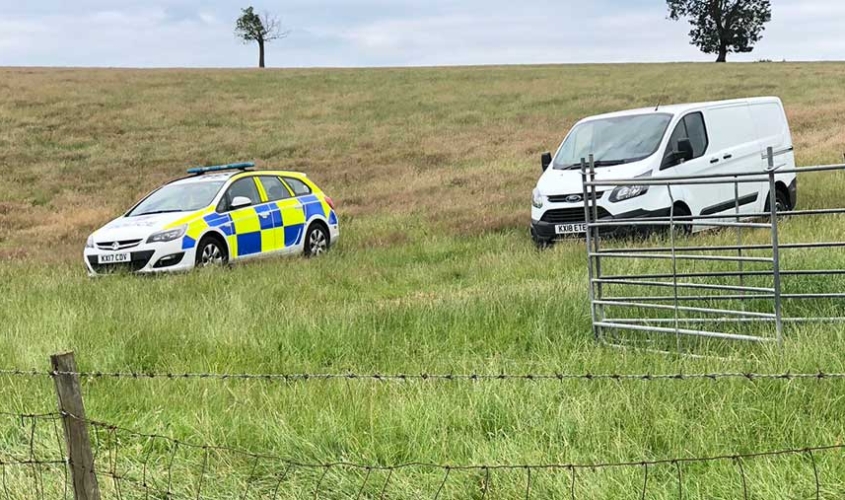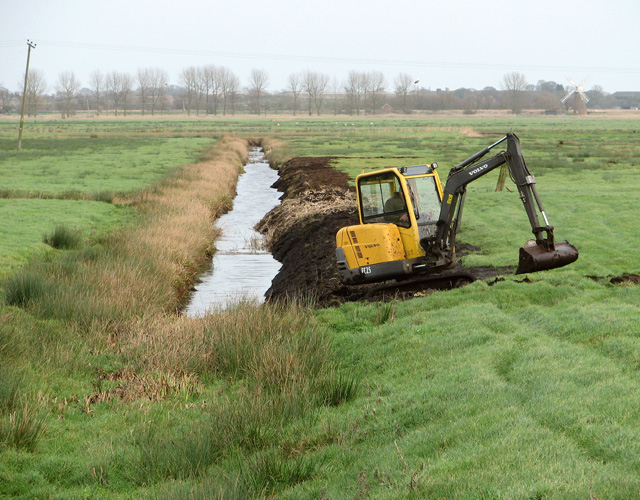Did you know mole ploughing is one of the highest risk activities the farming community can undertake around buried pipelines?
This is because our buried high pressure oil pipelines are typically only 4ft (or just over a metre) deep, and in some cases can be shallower. To ensure safety, we advise that a minimum pipeline clearance depth of around 2ft/600mm should always be in place.
Mole ploughing is a method of installing small diameter polyethylene pipes in rural areas quickly and with minimal disruption or environmental impact. Mole ploughing allows small diameter mains and services pipes to be inserted without having to dig wide trenches by creating a narrow temporary trench for installing. The depth of the pipeline insertion can however potentially cause damage to buried high pressure oil pipelines.
So, if you are undertaking mole ploughing, make sure you contact BPA and, if necessary, the team can visit the site, check the pipeline depth and help to ensure your works are safe and there are no injuries caused. Remember that the pipeline operator needs to be contacted if you are planning to undertake works within a 80ft/25m zone around our pipelines.
Although field markers are a good indicator of pipelines under your land, remember that marker posts do not always run in straight lines and that there can be bends under the ground. To be sure, contact BPA and let us help determine the exact location of the pipeline so you or your contractors can operate safely and without risk to the public or environment.

